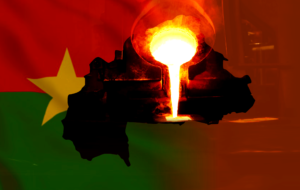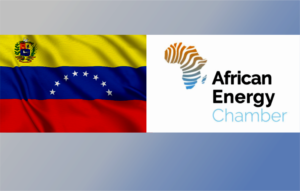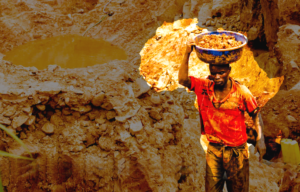Rwandan Franc Shows Signs of Strength as Exports Ease Household and Business Pressures

After two turbulent years of steep depreciation, the Rwandan franc (Rwf) is showing early signs of stabilizing. An improvement that is beginning to ripple through homes, markets, and boardrooms across the country.
Data from the National Bank of Rwanda (BNR) shows that the currency lost just 2.9 per cent of its value against the U.S. dollar in the first half of 2025, a slower pace than the 3.7 per cent recorded in the same period last year. This comes after far sharper drops of 18 per cent in 2023 and 9.4 per cent in 2024, which had intensified pressure on import-reliant businesses and strained household budgets.
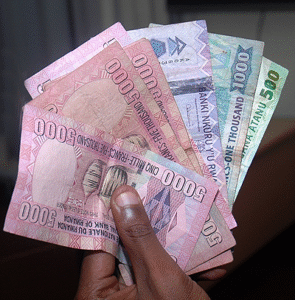
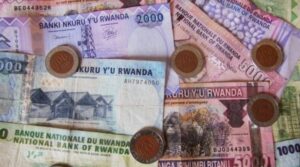
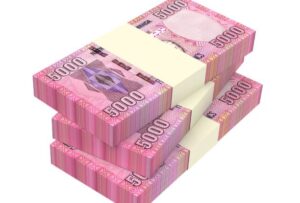
BNR Governor Soraya Hakuziyaremye attributed the emerging stability to a boost in export earnings, especially from coffee and minerals. Thanks to strong global prices and growing demand from electronics and tech manufacturers worldwide. “What we have observed is that prices of export commodities such as coffee as well as minerals remain elevated, which supports Rwanda’s export earnings,” she said during the presentation of the Monetary Policy Committee and Financial Stability Statement on Thursday. Nonetheless, exports is upwardly progressing, but families still feeling the pinch.
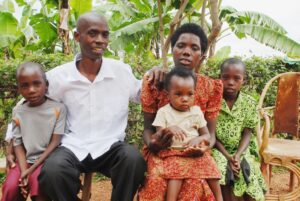
Merchandise export revenues grew 6.2 per cent to $826 million, led by coffee and non-traditional exports. Yet, imports also rose, reaching $2.3 billion. An indication of strong domestic consumption, but one that keeps imported inflation a concern for everyday consumers. The trade deficit widened slightly to $1.48 billion. Even so, a strong second quarter, where exports surged by 15.5 percent, it helped narrow the gap and ease foreign-exchange pressure.
So for families, any currency stabilisation is a welcome news. A less volatile franc can rein in the rising prices of fuel, school supplies and imported food items that many households depend on. Small businesses too, stand to benefit, as stable exchange rates reduce the unpredictability of ordering inventory and paying foreign suppliers.
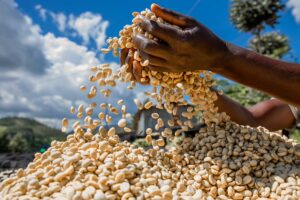
A cultural and social boost for coffee-growing communities. The continued rise in global coffee prices is not only strengthening the national balance sheet, but filtering down to Rwanda’s rural heartlands. Coffee-growing families, many of whom rely on seasonal earnings to pay school fees or invest in small enterprises, are experiencing improved incomes after years of volatility. This has broader cultural importance: coffee farming is embedded in community life, shaping generational livelihoods and local traditions. Sustained earnings help reinforce rural resilience at a time when climate-related shocks increasingly threaten harvests. The ripple effect is, business confidence is rising on the strength of economic growth.
Rwanda’s broader economy continues to show resilience, expanding 7.2 per cent in the first half of 2025. Services grew 9.4 per cent, driven by strong trade activity, while industry expanded 8.8 percent, buoyed by large infrastructure projects. Agriculture, still being the backbone of rural livelihoods, posted modest but improving growth of 1.7 percent, with a stronger performance in the second quarter. These trends offer cautious optimism for businesses. Construction firms, logistics providers and service-sector companies are benefiting from renewed investment momentum, while exporters are capitalizing on favourable global prices. Greenlight from political and policy implications.
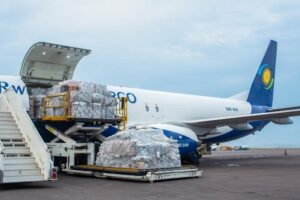
As for policymakers, currency stability is more than a macroeconomic indicator. It holds the central of public confidence. Rwanda’s government and central bank have faced pressure to curb rising living costs; and the franc’s steadier performance offers some political breathing room.
According to the Governor of the National Bank of Rwanda – Hakuziyaremye, some highlighted additional factors behind the turnaround are, the weakening of the US dollar globally and domestic foreign-exchange market reforms introduced earlier in the year. These reforms painted a broader policy push to strengthen financial stability and insulate Rwanda from external shocks. This is a message with clear political resonance as the country navigates a complicated global economic environment.

Despite the improvements vulnerabilities remain. Rwanda’s heavy reliance on imports, global commodity price swings and climate risks to agriculture, continue to pose challenges. Up till now, the franc’s stabilisation is offering relief, subtly but meaningful for families, businesses and the broader social fabric.
If the export boost sustains, Rwanda could get to period where economic developmental stability will become a living reality for communities across the country.


